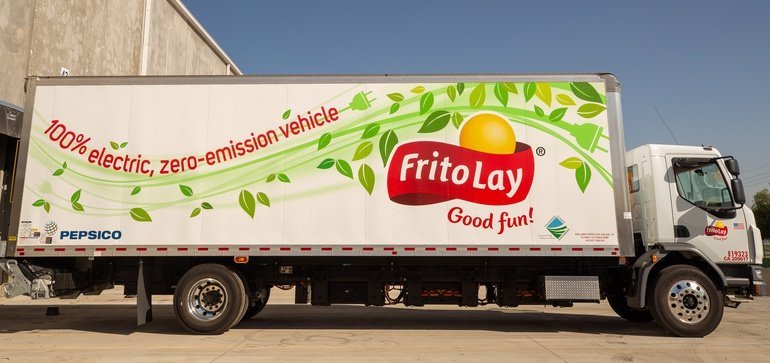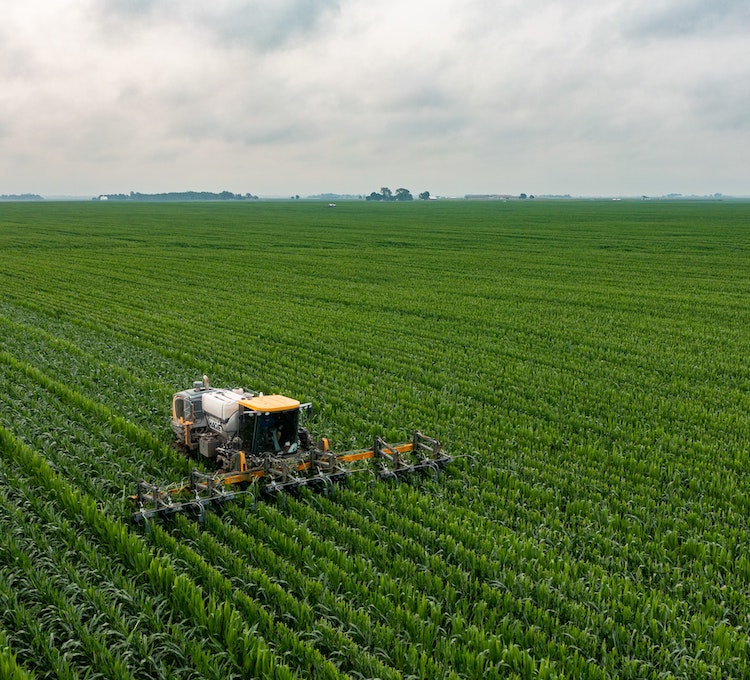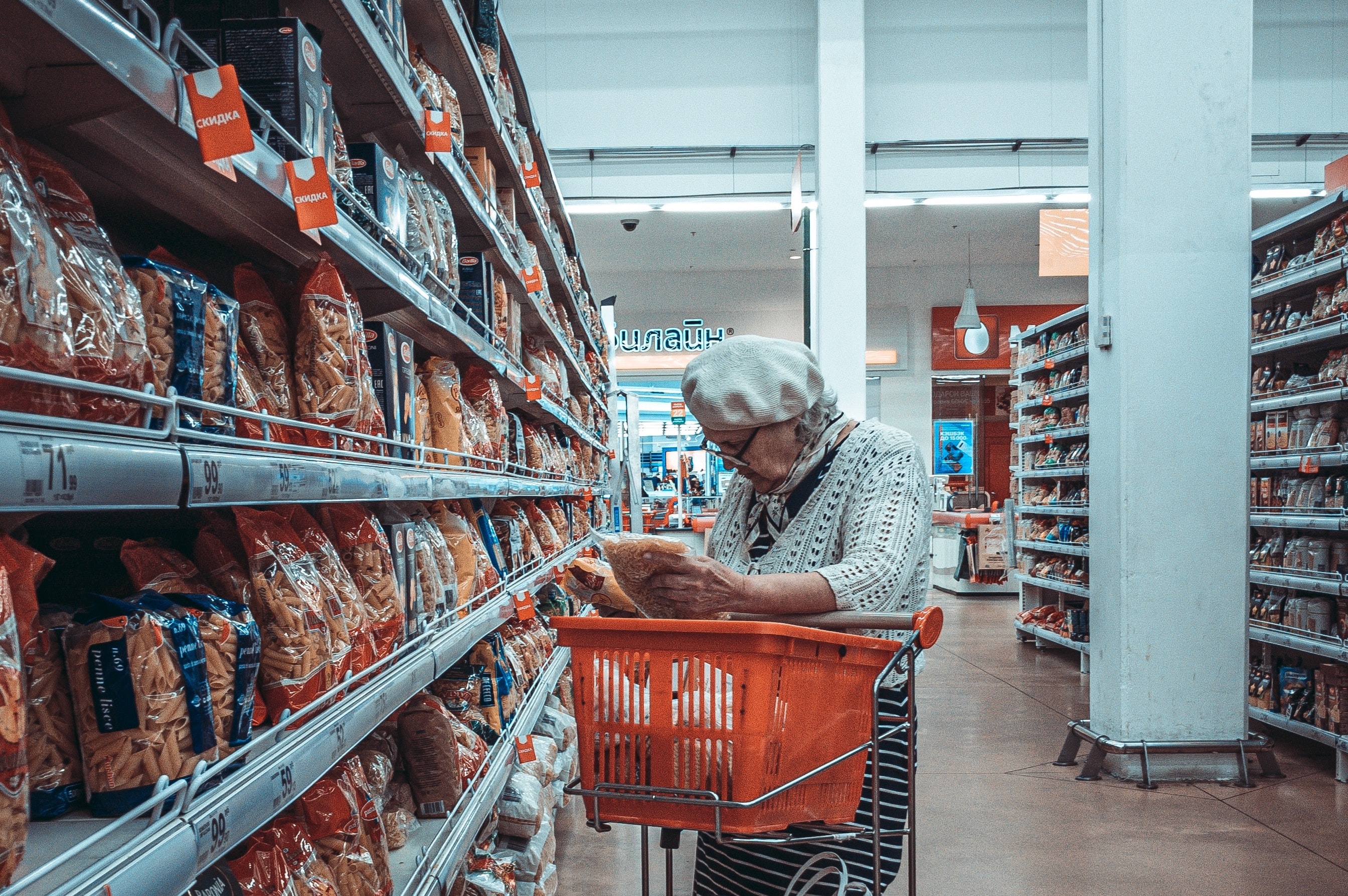Dive Brief:
- PepsiCo aims to expand its regenerative farming programs to 7 million acres by 2030, equal to roughly all the land it uses to grow potatoes, oats and other commodities for its products, the snack and beverage giant said in a statement. These efforts are estimated to lead to a net-reduction of at least 3 million tons of greenhouse gas emissions by the end of the decade.
- The manufacturer of Doritos, Sun Chips and Lay’s said it will expand regenerative agriculture to more than 500,000 acres of U.S. farmland by the end of this year.
- Regenerative farming, which includes practices such as using cover crops and rotating which commodities are grown each year, is one of the many practices large CPGs are using to reduce their environmental footprint.
Dive Insight:
Food and beverage companies such as Nestlé, Danone, Coca-Cola and Anheuser-Busch have embraced a slew of practices to lessen their impact on the environment, including adopting renewable energy, cutting back on the use of plastics, using more recycled material or scaling back on inputs like water and land.
Regenerative agriculture has the direct advantage of providing investments to individual farmers to help them convert to more sustainable practices. In return, companies such as PepsiCo can scale up their regenerative-farmed ingredients, which align with growing consumer demand for eco-friendly and environmentally conscious products. It not only helps the bottom line, but can also contribute to the production of the very same commodities companies are dependent on to make products that generate billions of dollars in sales.
“Any plan to tackle the urgent challenges facing the global food system must address agriculture, the source of nourishment for billions of people and a key lever to address climate change and inequality,” PepsiCo CEO Ramon Laguarta said in a statement. “A resilient food system is essential to our business, and with our scale we have an opportunity and responsibility to drive meaningful change.”
PepsiCo is not the only company turning to regenerative agriculture.
In 2019, General Mills committed to using regenerative agriculture methods on 1 million acres of farmland by 2030. The cereal maker said it would partner with farmers, suppliers and farm advisors in “key growing regions” to increase adoption of these more sustainable practices for ingredients including oats, wheat, corn, dairy feed and sugar beets. In February, its Epic brand launched a bar that contains beef raised through regenerative farming practices.
Hormel Food’s Applegate brand launched a line of pork sausages from small farms that use regenerative agricultural practices in 2019, and three years ago Danone gave $6 million for regenerative agriculture and soil health research.
A study by Nielsen in 2018 found nearly half of consumers are likely to change what they buy to meet environmental standards. In many cases, they will make the switch even if it means paying more for the products. These beliefs, unsurprisingly, are being reflected by more products on grocery store shelves. From 2015 to 2019, sustainability-marketed products represented 54.7% of the total CPG market growth, even though they made up only 16.1% of products in 2019, according to a report last year from IRI and the NYU Stern Center for Sustainable Business.
For its part, PepsiCo has targeted a reduction of absolute greenhouse gas emissions across its value chain by more than 40% by 2030, as well as pledging to achieve net-zero emissions by 2040.
It’s also working to improve its packaging, partnering with farmers to adopt the best growing practices, and purchasing crops that are 100% sustainably sourced. PepsiCo said in its announcement this week it is committed to sustainably sourcing all of its key ingredients, extending beyond potatoes, oranges, whole oats and oats that it directly sources. PepsiCo sources crops across 60 countries.
As consumers place a deeper value in how food is produced — a product attribute that has grown in importance during the ongoing pandemic — manufacturers will be under added pressure to lessen their environmental impact and prove in a more tangible way how they are doing it. For major companies, developing and reporting on sustainability goals across their business is no longer optional.
This article was written by Christopher Doering from Food Dive and was legally licensed through the Industry Dive publisher network. Please direct all licensing questions to legal@industrydive.com.








